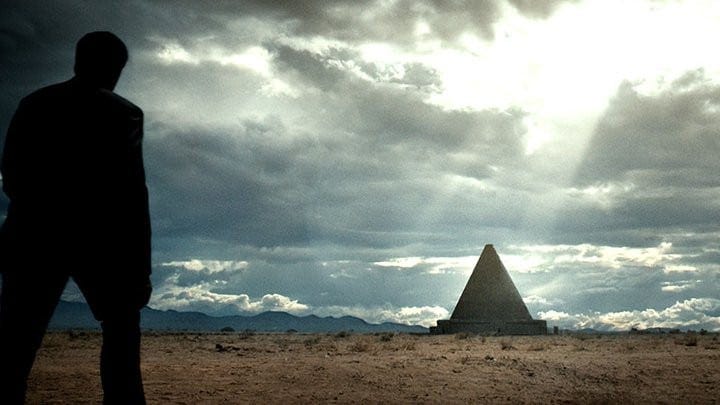‘Cosmos’ Takes Its Time in Defense of Evolution

In its second week of shooting science out into the living rooms of the world, the Neil deGrasse Tyson-hosted show Cosmos: A SpaceTime Odyssey continues to deliver what those who believe in science have expected. This expectation was best explained to me earlier this week, in casual discussion, as “religious television for atheists.” I would contend tha…
Keep reading with a 7-day free trial
Subscribe to Nonfics to keep reading this post and get 7 days of free access to the full post archives.



